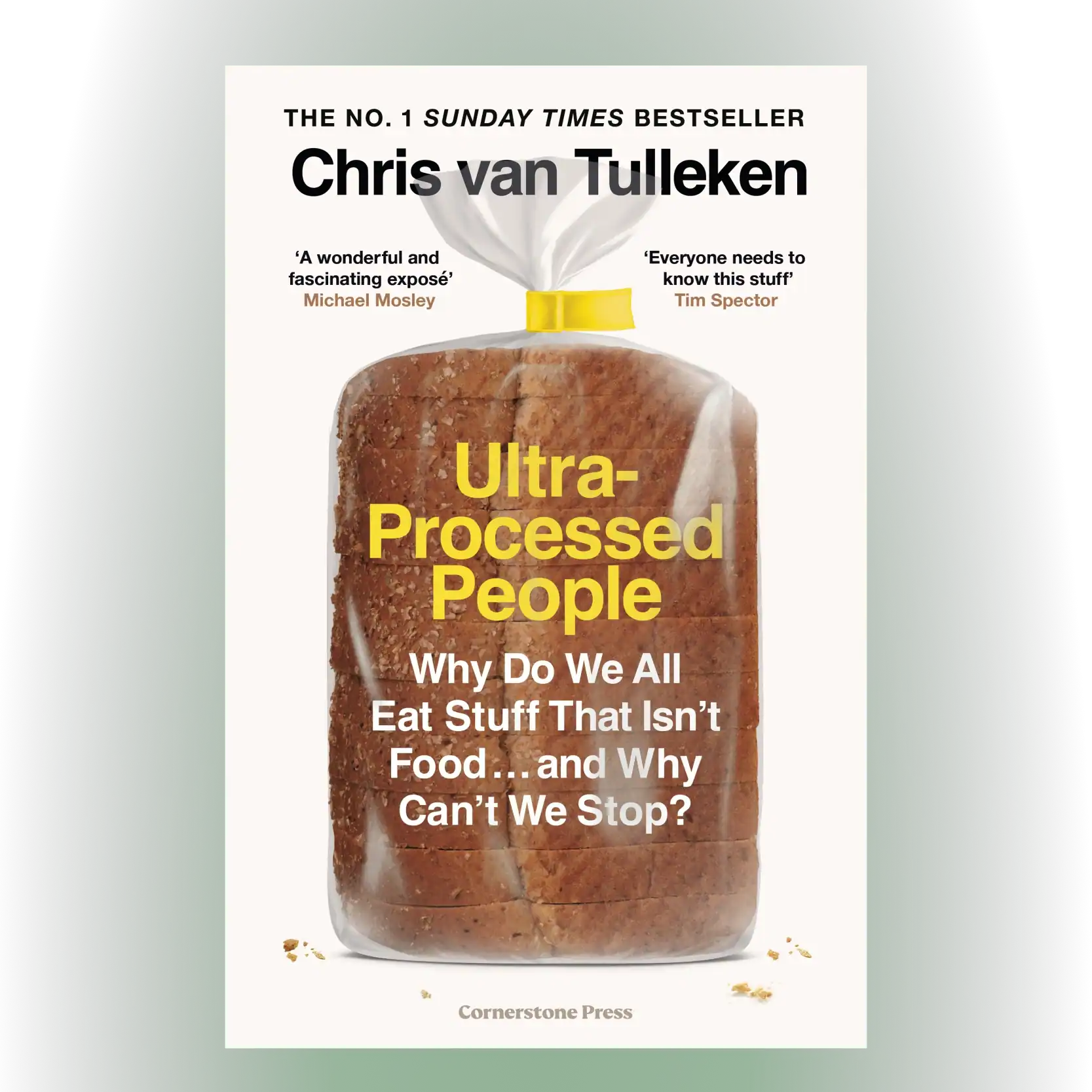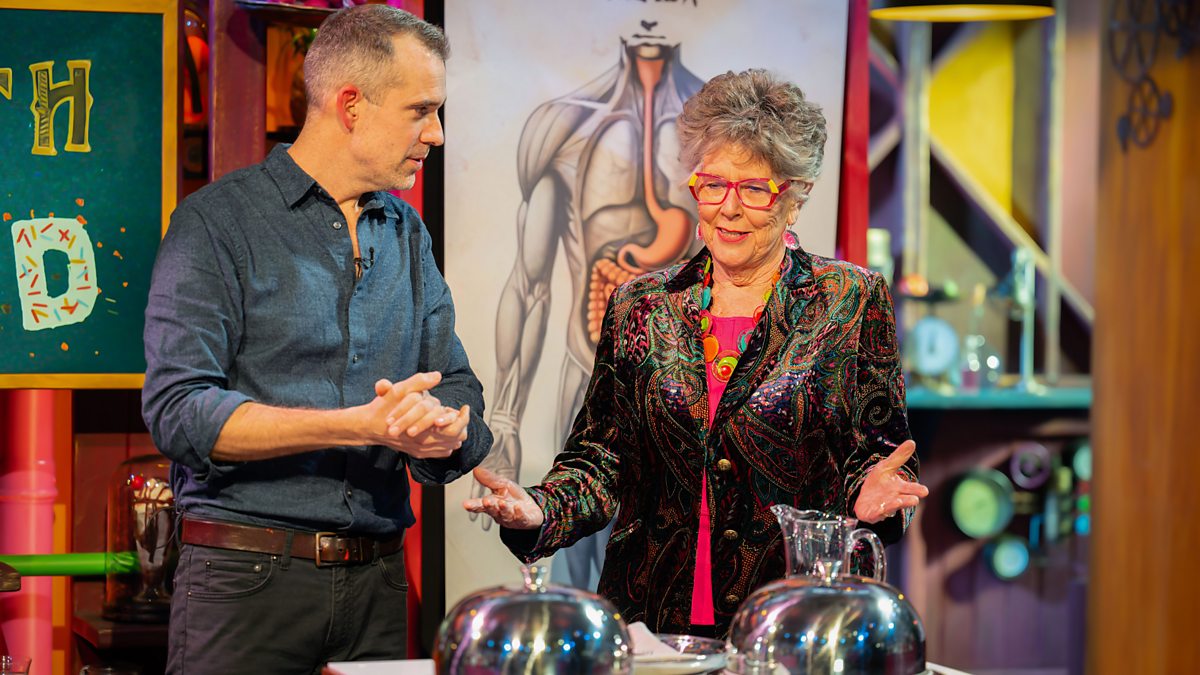
Ultra Processed People
Peter Sims reviews Chris van Tulleken book 'Ultra Processed People' published 2023. He concludes with nine fundamental lessons, which apply much more widely than the food sector. The books follows the money, cuts through the controversy and there will be something in it that surprises everyone.

Why Do We All Eat Stuff That Isn’t Food … and Why Can’t We Stop?
Published by Cornerstone Press, 2024
For those who haven’t previously considered the nature and impact of the UK’s food system, and what the root causes of many of the poor health outcomes UK struggles with might be, this book may well be a revelation. However, for those who already had a hunch that Nestlé was evil and junk food was detrimental for our health, this book will probably still surprise and disgust you in equal measure. It is such a comprehensive and detailed account of all the facets of the corporate food system. Whether it’s how butter was once made from coal, or that palm oil is naturally brightly coloured and highly fragrant, there will be something you didn’t know.
The book is well constructed and leads you on a tour of discovery into the inner workings of the industrial food system and scientific processes which both shape and analyse it. Though the start of the book appears almost like a self-help book, it’s not, and it ends with a very political message. The book provides the reader with all the reference points and arguments you are likely to encounter in public food policy discussions while systematically, and comprehensively unpicking all the claims and counterclaims. Most importantly Chris follows the money for you — in almost every case where there appears at face value to be confusion and disagreement amongst those researching a topic, the book reveals how one side of the argument, often indirectly and without due disclosure, is funded by multinational food corporations, while the other side isn’t. Many people will have encountered such behaviour by corporations with deep pockets delaying / shaping regulations in other sectors, but the effectiveness of these dirty tactics in the food sector is hard to grasp.
There are many potential takeaways from this book. For some it will be better understanding why each of the ingredients on the list is there, how the scientific method works, and how it is often skewed. For some it will be to avoid eating Ultra Processed Food (UPF) or particular food additives/ingredients (for health or ecological reasons). For others, it will foster a healthy scepticism about who to trust when certain claims are made, and who not. However I believe there are some more fundamental lessons in this book, many of which apply much more widely than the food sector:
1. The system is broken – our current food system is not “mostly good but in need of some reform around the edges”; it’s completely dysfunctional if the aim is a healthy society within planetary boundaries…
2. Corporations are not our friends — when they fund supposedly ’good causes’, those organisations become part of their marketing departments. When they send cosy emails and put jokes on packaging, it’s almost always insidious… If it’s a company, not a social enterprise or not-for-profit, it’s motive, first and foremost, is to generate profit for whoever owns it. For most big food companies this is either super rich owners or investors (private equity), or the rich through their share portfolios and private pensions. In all cases vast majority of these profits do not flow to majority of us. Any environmental or health claims/targets, will always be pursued up until the point they reduce profits, and no further. They will always choose to manufacture whatever sells the most, they cannot choose moderation.…
3. Corporations can never be ‘part of the solution’ — if they are around the table, reform is impossible. It would be completely inappropriate for tobacco companies to shape smoking policy because they have a vested interest in the dysfunctional status quo and reducing barriers to their profits. The same is true for the food and fossil fuel industries.
4. If you are in a hole, stop digging — Ultra Processed food is addictive and designed so you eat more than you need. The solution is never more processing, more additives or more substitution. We must look upstream to avoid getting lost in the junk entering the system. Ultra Processed Food (UPF) may be consistent, convenient and have a long shelf life, but these are choices, not requirements. Other food systems with different priorities are possible.
5. Money and Markets lead to perverse outcomes – The more food is processed, the more money can be made. People can only eat so many tomatoes, but the market for ketchup, pizza and pasta sauce is much bigger. In a food system driven by profit and plentiful fossil fuel energy, processing and additives are profitable, so ever more processing is where ‘the market’ will naturally take the food system.
6. Who shapes the narrative matters — if people can be misdirected to think that the problem is not enough exercise rather than consuming too much of the wrong kind of food, Ultra Processed Food (UPF) manufacturers can pass the blame. Particularly when their advertising budgets are vastly bigger than public information budgets…
7. Call exploitation exploitation, then ban it – if a company has done its utmost to make a product addictive / easy to eat, and then they deliberately and aggressively advertise it using manipulative and subliminal techniques to vulnerable groups such as children, low-income sections of society, targeting communities with few food alternatives, or those in the Global South with little access to healthcare… That’s exploitation - whether they intended to be exploitative or not!
8. Our current system of governance is inadequate — if our existing supposedly democratic systems were sufficient, then health outcomes and ecological impacts wouldn’t be going in the wrong direction. The food challenges we face as part of our wider predicament are symptomatic of the food provisioning and governance systems our society uses. If different outcomes are desired, a different structure for food provisioning is needed along with different decision making and accountability processes. We are at work in the ruins.
9. Not all science is good science – The best scientific work comes from diverse teams, novel applications of existing ideas, independent scrutiny of results, and researchers with no funding from private corporations.
Don’t have time to read the book, but want to drink less fizzy drinks – try drinking them warm, and flat and regularly for bit…







